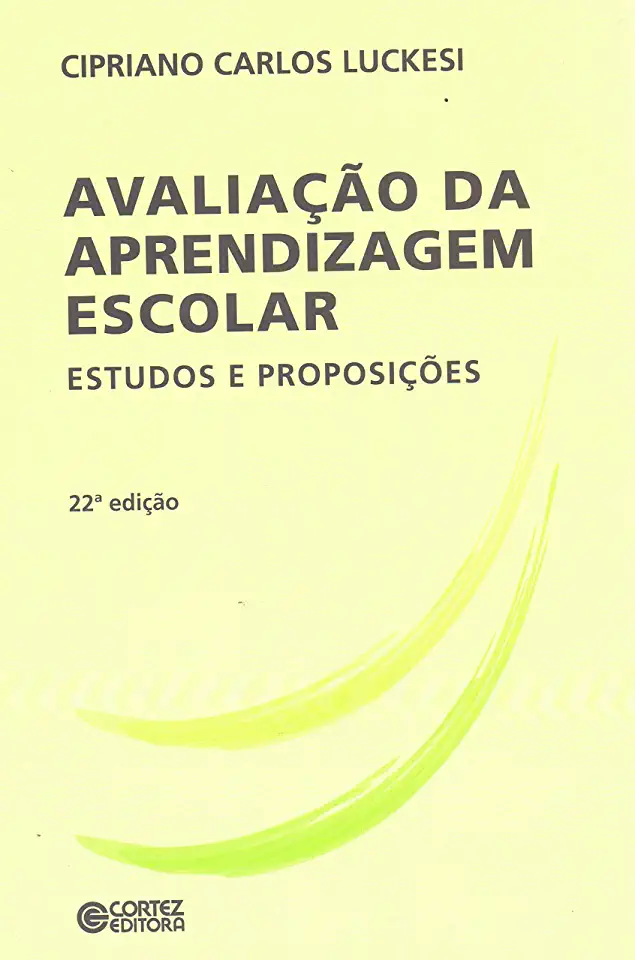
The Evaluation of School Learning - Cipriano Luckesi
The Evaluation of School Learning: A Comprehensive Guide
Introduction
In today's fast-paced and ever-changing educational landscape, effective evaluation of school learning is more critical than ever. Cipriano Luckesi's seminal work, "The Evaluation of School Learning," provides a comprehensive and insightful exploration of this complex and multifaceted process. This book is a must-read for educators, administrators, policymakers, and anyone interested in improving the quality of education.
Key Concepts and Theories
Luckesi begins by establishing a solid foundation of key concepts and theories related to evaluation. He discusses various definitions of evaluation, its purposes, and its relationship to other educational processes. The book also explores different evaluation models, including formative and summative evaluation, as well as qualitative and quantitative approaches.
Evaluation Methods and Techniques
The heart of the book delves into the practical aspects of evaluation, presenting a wide range of methods and techniques. Luckesi covers traditional methods such as tests, quizzes, and assignments, as well as more innovative approaches like portfolios, performance tasks, and self-assessment. He also discusses the importance of selecting appropriate evaluation methods based on the learning objectives and the context.
Data Analysis and Interpretation
Effective evaluation requires careful analysis and interpretation of the collected data. Luckesi provides a comprehensive overview of statistical techniques and qualitative analysis methods, enabling readers to make sense of the evaluation findings. He emphasizes the need for triangulation and multiple perspectives to ensure a holistic understanding of student learning.
Reporting and Communication
The book also addresses the crucial aspect of reporting and communicating evaluation results. Luckesi discusses different ways of presenting evaluation findings to various stakeholders, including students, parents, teachers, and administrators. He emphasizes the importance of clear and concise reporting, as well as the need to ensure that the evaluation results are used to inform decision-making and improve educational practices.
Challenges and Ethical Considerations
Luckesi acknowledges the challenges and ethical considerations associated with evaluation. He discusses issues such as bias, validity, reliability, and the potential impact of evaluation on students and teachers. The book provides practical guidance on how to address these challenges and ensure that evaluation practices are fair, ethical, and beneficial to all stakeholders.
Conclusion
"The Evaluation of School Learning" by Cipriano Luckesi is a comprehensive and thought-provoking resource that offers a deep understanding of the complex process of evaluating school learning. Through its exploration of key concepts, theories, methods, and challenges, this book empowers educators and stakeholders to make informed decisions about assessment and evaluation practices. It is an essential guide for anyone committed to improving the quality of education and ensuring that all students have the opportunity to succeed.
Enjoyed the summary? Discover all the details and take your reading to the next level — [click here to view the book on Amazon!]